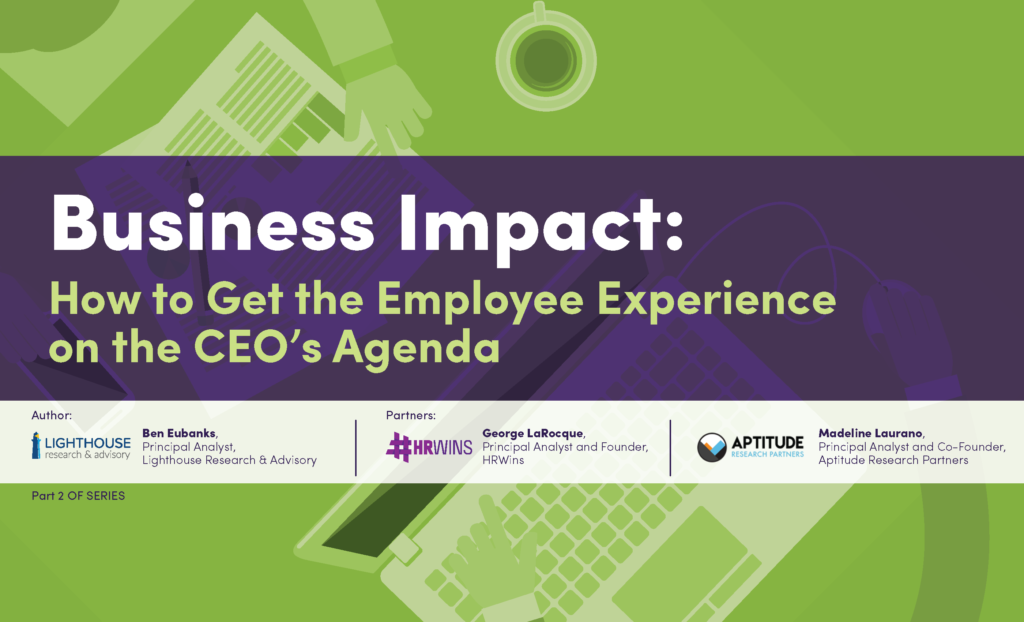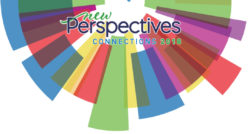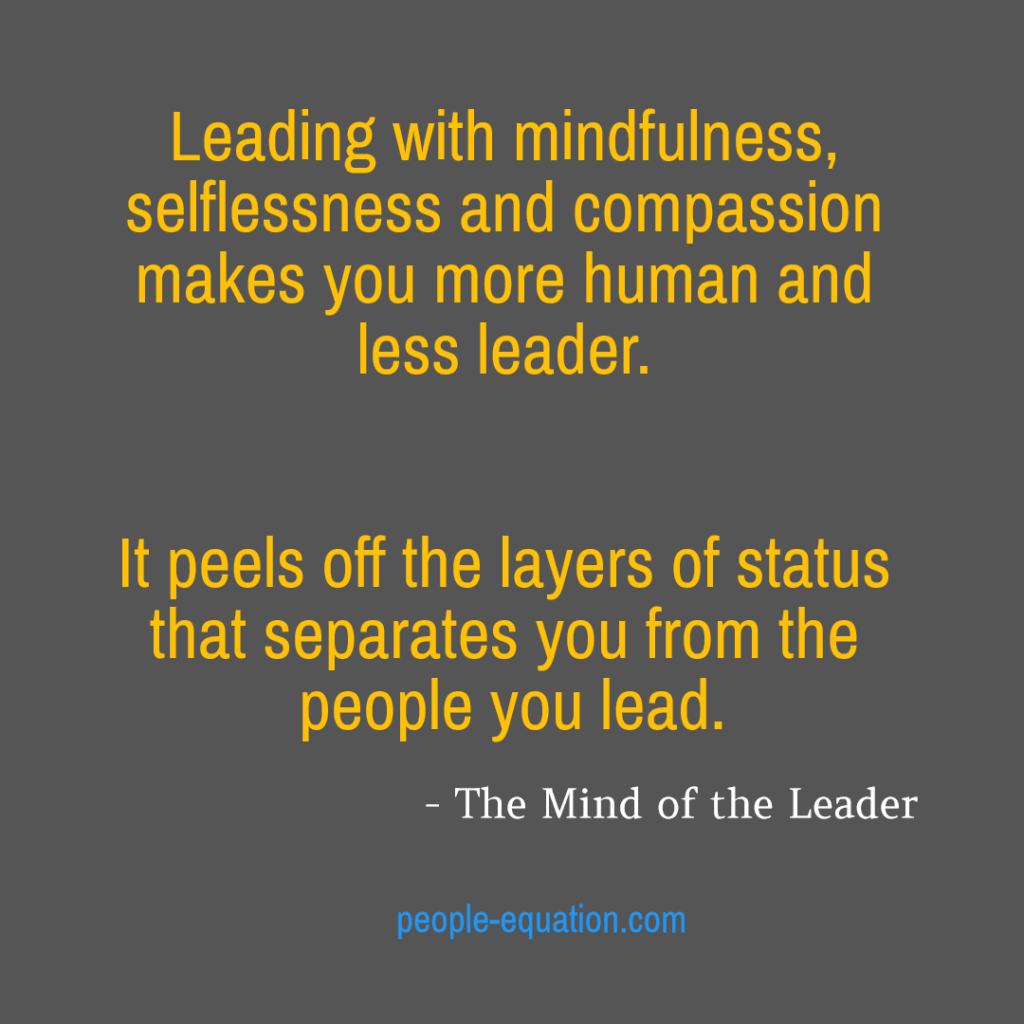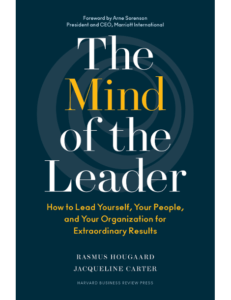
Short version: I’m co-hosting an upcoming webinar focusing on the employee experience and how to get executive attention and investment in building your own firm’s employee experience. Read on for details about how to sign up and how to get a free copy of the new eBook!
It’s hard to turn around today without hearing about the employee experience. Virtually every vendor is laying claim to this concept, yet for most HR practitioners the concept is fuzzy, and for executives, it’s even more abstract. In that case, good luck getting support and investment for yet another “squishy” HR program that doesn’t impact the business… Seriously though, what is this idea of the employee experience, and more importantly, does it connect to the business in a meaningful way?
This question is the one my HR Federation partners, George LaRocque and Madeline Laurano, and I set out to answer. George and I will be leading a webinar on March 29th at noon Central to explore the concepts in the eBook and to dig a little deeper into the employee experience. It will be a fun conversation full of ideas to help you up your HR game. Be sure to register here for the session so you can get those insights. In addition, we’ll be giving registrants a copy of the eBook for free!
About the eBook
Our latest collaborative piece adds some much needed clarity around the concept of employee engagement. The eBook specifically looks at how to get the employee experience on the CEO’s agenda.
In the eBook, you can learn about how to connect key business metrics, such as innovation, revenue, productivity, customer satisfaction, and employee retention, back to this overall concept of employee experience. As any leader knows, having an executive-level discussion about the business will inevitably turn back to the data, and this guide arms you with specific examples to help build a business case for embracing and investing in the employee experience.
In addition, if you have questions about the employee experience (what is it, how does it work, why should you care, etc.), feel free to bring those to the discussion Thursday and George and I can address them in the flow of the conversation.
Article source:Ben - How to Get the Employee Experience on the CEO’s Agenda [eBook+Webinar]»
Check out more of Ben Uebanks' work at Upstart HR



 For this episode, I had the opportunity to catch up with my friend and fellow Huntsville resident, Donna Quinney, about how she plans in advance for the content to consume and the best way to make it applicable when she returns to work. The specific example we discuss is how to get the most out of a user conference, because you’re often there for double reasons: not only to learn, but usually also to bring some of those learning points back to teach the rest of the team.
For this episode, I had the opportunity to catch up with my friend and fellow Huntsville resident, Donna Quinney, about how she plans in advance for the content to consume and the best way to make it applicable when she returns to work. The specific example we discuss is how to get the most out of a user conference, because you’re often there for double reasons: not only to learn, but usually also to bring some of those learning points back to teach the rest of the team. This week I spent some time at the Ultimate Connections conference in Las Vegas with the team from Ultimate Software (
This week I spent some time at the Ultimate Connections conference in Las Vegas with the team from Ultimate Software (







 In today’s interview, host Ben Eubanks speaks with Shelley Osborne, Head of Learning & Development at Udemy, about this research and how we can use it to attack the skills gap within our own company through learning and development opportunities. While the research shows that individuals are generally confident about the level of skills they possess, they also know that the pace of change and business today requires them to be constantly learning. It’s no longer good enough to get a degree or vocational training and be “good enough” to compete for jobs, promotions, and other roles.
In today’s interview, host Ben Eubanks speaks with Shelley Osborne, Head of Learning & Development at Udemy, about this research and how we can use it to attack the skills gap within our own company through learning and development opportunities. While the research shows that individuals are generally confident about the level of skills they possess, they also know that the pace of change and business today requires them to be constantly learning. It’s no longer good enough to get a degree or vocational training and be “good enough” to compete for jobs, promotions, and other roles.